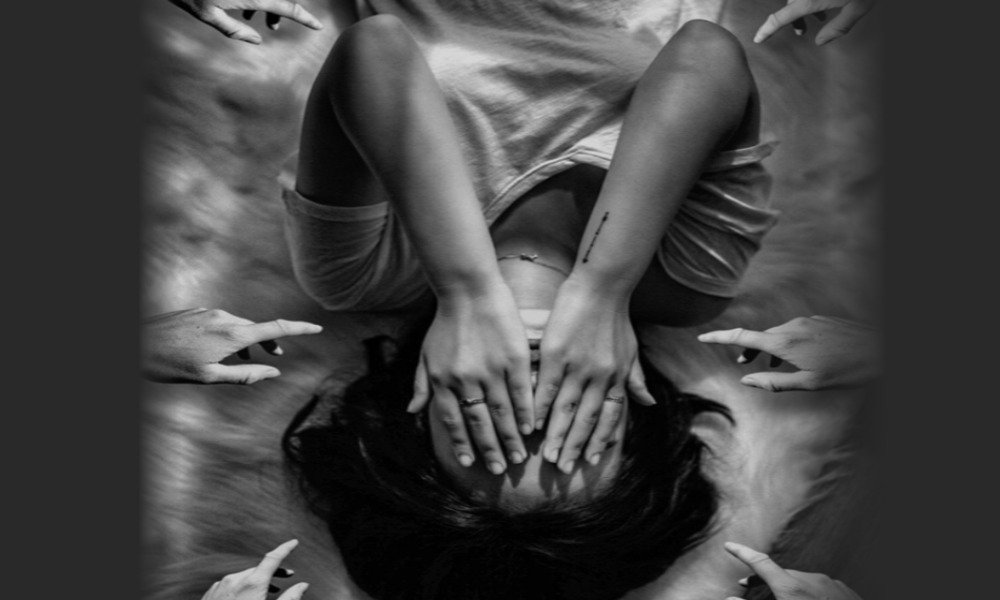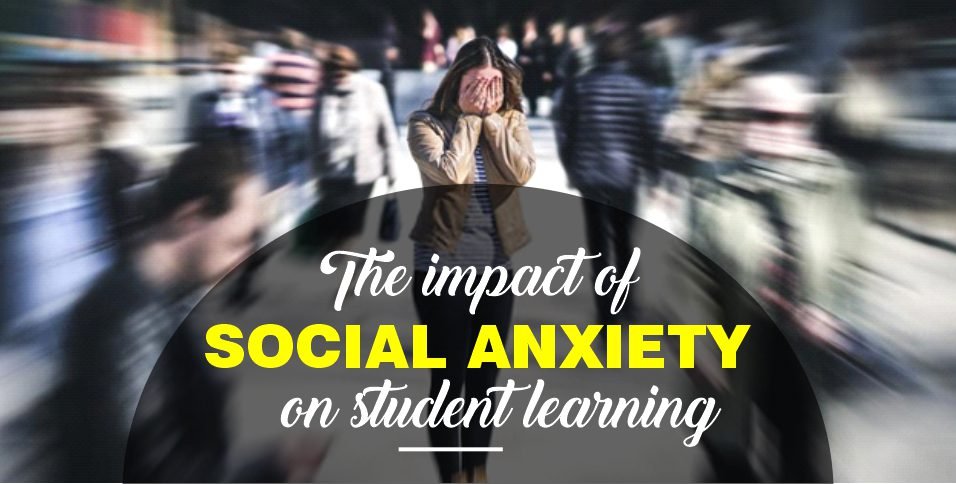Student learning is a complex process, which includes students’ ability to pay attention, follow directions and use their organising skills. Whatever factors contribute to poor student academic performance, social anxiety is one of these. HealthCanal’s experts indicate that it is the most common school-related mental health problem that impacts children.
Social anxiety is a psychological disorder in which the individual becomes excessively anxious and apprehensive when facing social situations, often leading to poorer grades at school and problems with employment. Many teachers and students have no idea how to deal with this condition. This article can help you understand social anxiety and how it negatively impacts students.
Shyness vs. Social Anxiety in students: What’s the difference?
Shyness and social anxiety are often categorised as the same, but this is not true. Shyness is being cautious during social gatherings, not being the butterfly but the wallflower. It is basically how uncomfortable you are around others. In contrast, social anxiety disorder is being frightened by any form of interaction, as simple as a wave. It is individual mental distress caused by thoughts or actions required to express themselves. It comes with physical symptoms like increased heart rate and breaking a sweat in public.
How is social anxiety maintained?
Unhealthy thoughts and behaviours are often welcomed and encouraged more than positive attributes. Negative experiences cause significant distress and intense anxiety that can last longer and happen at any age. It might be death, bullying, assault, or other emotional damage that has been imprinted into the system. The various examples and research on anxiety disorder talk about the adverse effects of negative experiences on students’ mental health. This trauma reduces the feeling of safety, confidence, emotional intelligence, and freedom, affecting their lives.
Also, verbal communication is not a strong skill for people with social anxiety. This is due to the isolation they condition themselves in. There are scenarios of physical distress and being mentally wrung out from speaking in public and day-to-day interactions.
How social anxiety AFFECTS student life (and beyond)
Interaction among students is unavoidable, from group project pairings, societies and clubs, consulting one another to solve problems, and other school activities. Avoidance of social situations by those with anxiety disorders makes life extremely difficult. Excelling without interaction is primarily impossible and less than ideal for anyone.
A student with this condition is less likely to have good grades and connections for academic success. Such students will be dormant. Life after college also would not be pleasant economically, in terms of day-to-day activities and the employment world. It is advisable to seek help at any stage of increased social anxiety.
Social anxiety and academic performance
Unavoidably, social anxiety will always hurt a student’s performance in school, as isolation has no place in an educational institution. It makes academic development almost impossible to achieve due to inactivity.
Some of the limitations of social anxiety in maintaining good educational performance are:
- No shared experiences with other students.
- Lack of a support study group.
- No consultations of third party’s opinions and ideas.
- No participation and academic societies record.
- Avoiding courses on social skills and communication development.
- Not being recognised as an active student.
Social anxiety, health and wellbeing
Isolation is required to break from stress and strains to give the body and mind a fresh start. In a worst-case scenario, compulsive isolation is one of the physical symptoms of social anxiety a student can be subjected to. This is because loneliness, brooding, and overstressing on insecurities take a toll on a person’s mental health and psychology in the long run.

To be healthy, you need to relate, communicate, and exposure to other living entities. Social anxiety prevents this from occurring, keeping the victim in a close-lidded box that surely explodes into monsters. Habits and addictions are adopted as coping strategies to cure the pain and fears, which leads to a mental breakdown when the routine is interrupted.
Social anxiety and life beyond your studies
Educational institutions are only in preparation for life ahead and helping to achieve set goals and dreams. After college, social gatherings will become a major necessity for living. It goes as back as securing employment. Students with social anxiety will be major wrecks during this period in their lifetime because isolation can be expensive when it is compulsive.
Stepping out of the protecting umbrella to earn a living and work on dreams might be a nightmare and emotional exhaustion. Even after breaking through necessities, socially anxious people might experience being overlooked and cheated out of their rights because of their inability to stand up for themselves. Going higher on the economic and development ladder can be with extreme difficulty.
Tips to manage social anxiety as a student
You can overcome social anxiety and live like every normal day. Its treatment is not a day’s job; it takes forever and is fulfilling. The best tip to be free of being socially anxious is to take it a day, a moment, and a time. And remember to breathe when it gets overwhelming. Some of what can help deal with this condition are:
1. Seek help from a mental health professional
Social anxiety is a mental illness and not something to be ashamed of. To guarantee effective and recommended treatment, visit a legally approved behavioural therapist and let them guide you towards freedom. Some of the improvement they can offer is:
- Identifying your triggers.
- Support in starting small.
- Practising verbal communication and public speaking.
- Anxiety management.
2. Challenge your avoidance
Facing what triggers fear and increases anxiety is not for a particular time; you will know when it’s the right time to confront them and get back your freedom. It might be challenging, the last thing you want to do, and even emotionally daunting that it reopens old wounds. Remember that you will be alright, and it takes time to heal.
3. Take Action NOW
Social anxiety is a mind and body drainer that makes people settle for failure and being lackadaisical until it’s too late to chase their dreams and aspirations. Every minute counts and only you can take the first step towards healing. Take chances and step towards your happiness.
4. Our collective skills
Collective skills are the skills that a team needs to be successful in their work. These are not just individual ones but also the ability to work as a team and support each other. Social anxiety victims can overcome their fears and boost their well-being, performance, and mental health with collective skills.
Bottom line
Students with social anxiety face several challenges that can impact their ability to learn in a typical classroom environment. They often struggle to understand the material and participate in discussions, and they may even be reluctant to be successful at school because of their self-consciousness.
And while they may not want to admit it, recognising the characteristics of social anxiety can be the first step to getting help. With proper planning and understanding of its unique effects on students, educators can create an inviting environment for all students to learn and grow. Some treatments can help get your life back even better than it was.
Also Read: The Social Dilemma: Does Instagram want you to stay longer and compromise your mental health?















